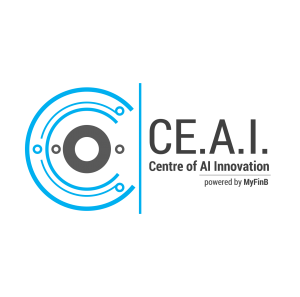Technology has been a great ally of medicine and can now also contribute to predicting patients’ risk of death. This is because an AI (Artificial Intelligence) algorithm developed by researchers at Geisinger, a U.S. health institution, can predict the risks of an individual’s death. The study was published in the journal Nature Biomedical Engineering on February 8.
The algorithm uses echocardiogram videos of the heart and can predict mortality in one year. The research team used specialized computational hardware to train the algorithm in 812,278 echocardiogram videos collected from 34,362 Geisinger patients in the last ten years.
The study compared the results of the model with the predictions of cardiologists based on several studies. A subsequent study showed that, when aided by the model, the accuracy of the prediction of cardiologists improved by 13%.
“We were excited to find that machine learning can leverage unstructured data sets, such as medical imaging and videos, to improve a wide variety of clinical prediction models,” said Chris Haggerty, Ph.D., senior co-author and assistant professor in the Department of Translational Data Science and Informatics at Geisinger.
Source: CE NoticiasFinancieras


